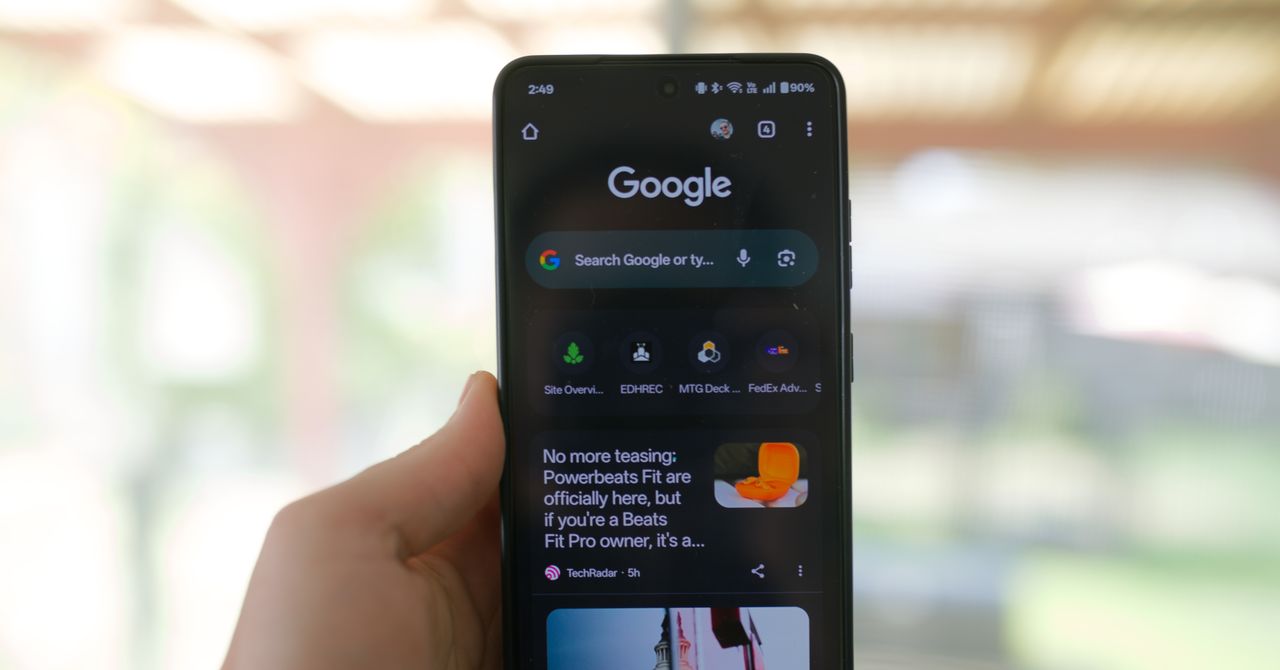The problem with browser fingerprinting is that it’s probabilistic in nature. It looks at a treasure trove of data to track you online, not any individual piece of information. A VPN, for instance, can hide your IP address and make you appear in a different location. If enough of the other data in your fingerprint is consistent, however, it can still be used to track you. Your IP address may be different, but just about everything else about your browsing is not.
There may be practical use cases for fingerprinting, but you really don’t have much say in the matter. Even with protections like the GDPR, the moment you load a website, there are likely a few dozen (if not more) trackers copying the information your browser shares for their own purposes. Services like Fingerprint leverage that information to create an identifier, but make no mistake, the data is always there.
How to Get Around Browser Fingerprinting
You can’t get around browser fingerprinting, at least not without significant compromises to your browsing experience (more on that later). Even if you were to spoof or obfuscate every piece of data your browser sends along, that’d probably work against you. The goal with avoiding fingerprinting is to become a Jane Doe online; you want to disappear in the crowd, so every piece of data that makes you stand out sends up a red flag.
The best way to fight back against fingerprinting is to hide or rotate enough information so that it’s more difficult to track you, not impossible. And that starts with a VPN, though it doesn’t make you fully anonymous. The clearest online fingerprint you leave is your IP address and physical location, and VPNs hide both. More importantly, many of the best VPNs today include additional tools to combat fingerprinting.
ProtonVPN, which is what I use myself, includes NetShield to block trackers, ads, and malware. It doesn’t prevent fingerprinting, but NetShield can at least capture and block requests from well-known trackers to make you a bit more private online. NordVPN has a similar feature, as does Surfshark.
The most robust version of this type of blocker comes from Windscribe. Through its browser extension, you can do things like rotate your browser’s user agent to make it appear as if you’re using a different browser, as well as spoof your language, time zone, and GPS information to match the VPN server you’re connected to. Again, this will not make you fully anonymous online. But an extension like the one Windscribe offers makes tracking your fingerprint more difficult.
